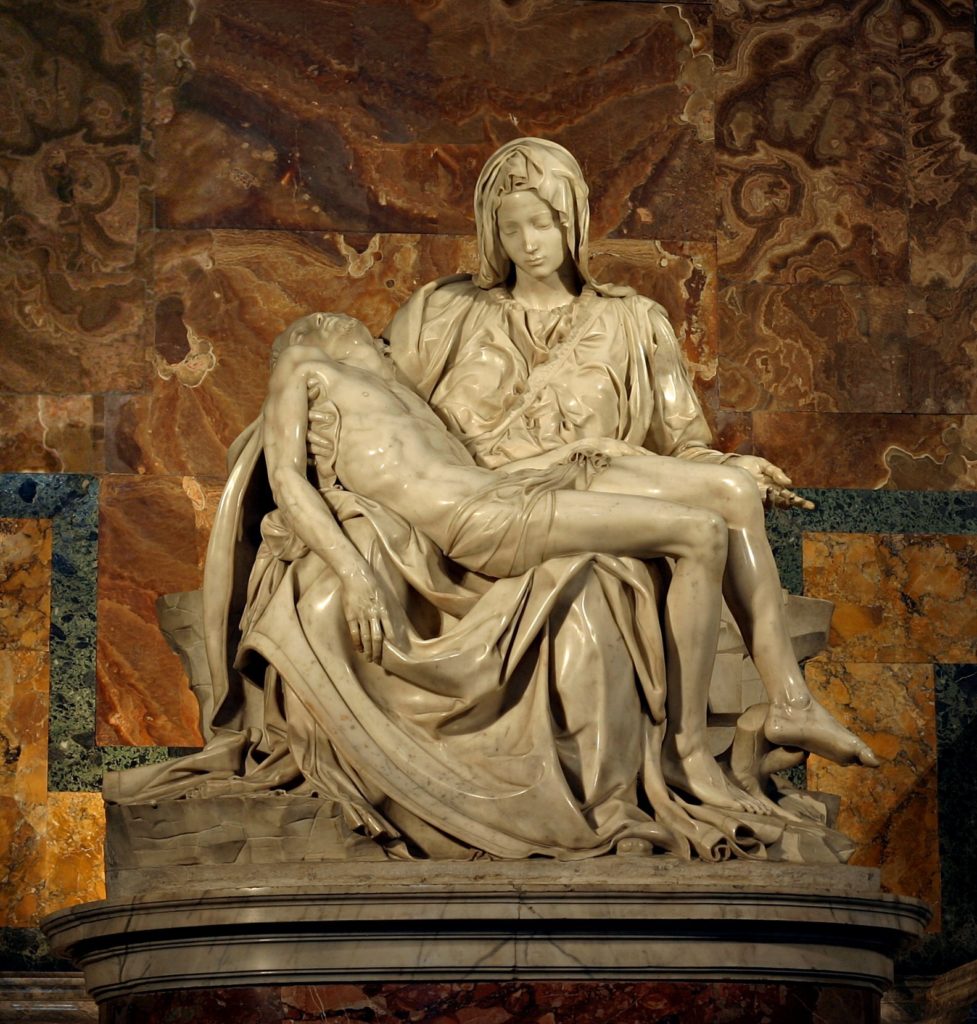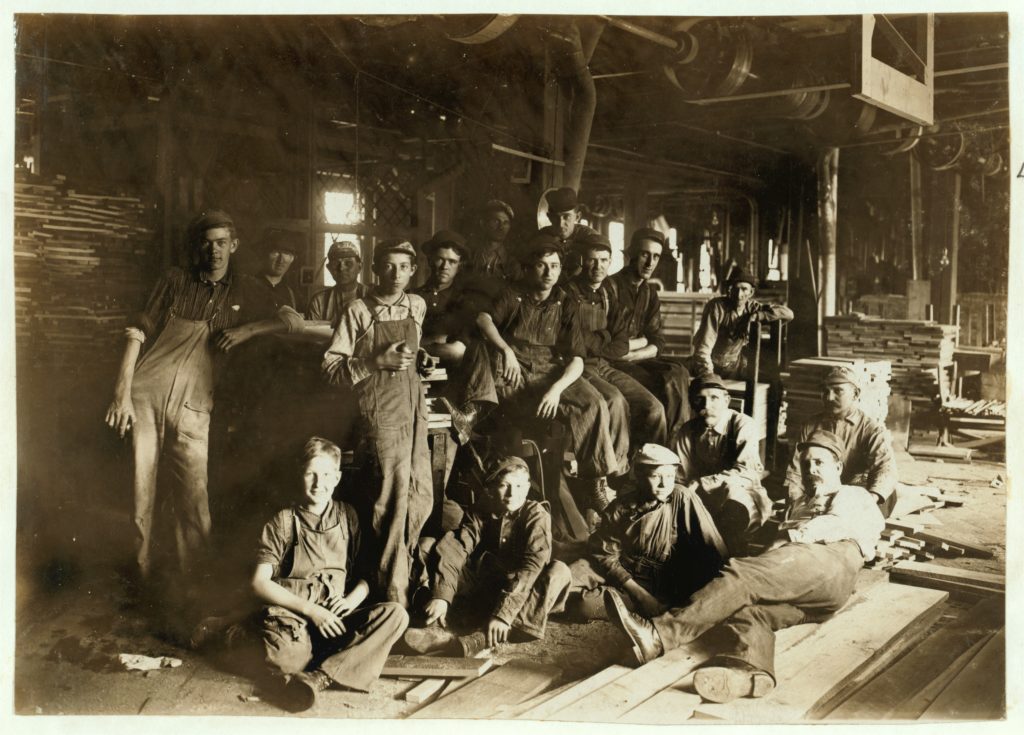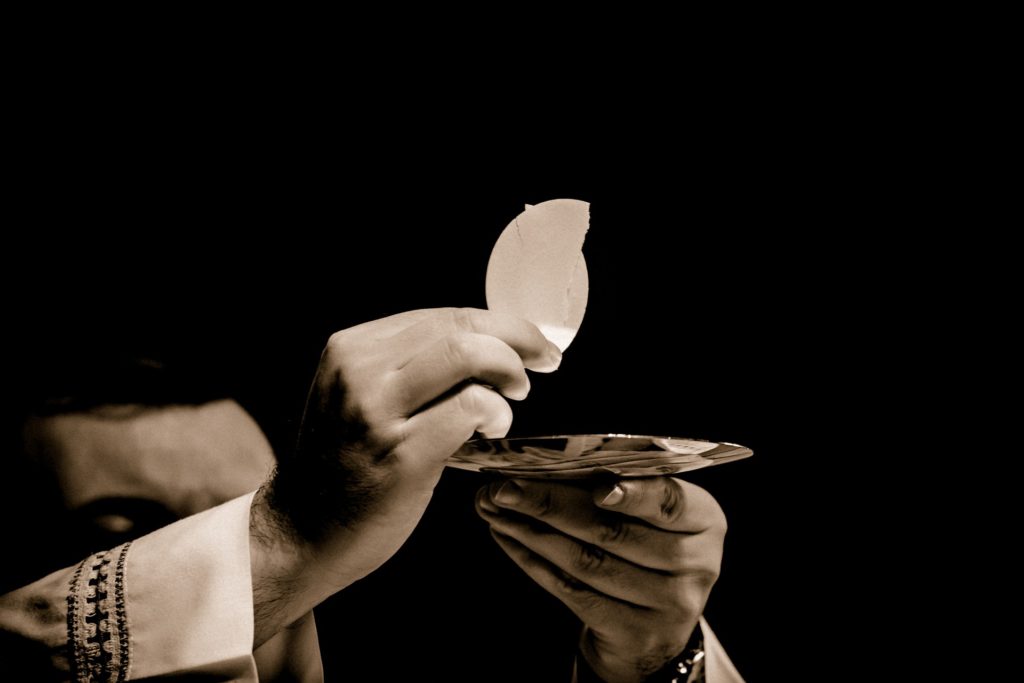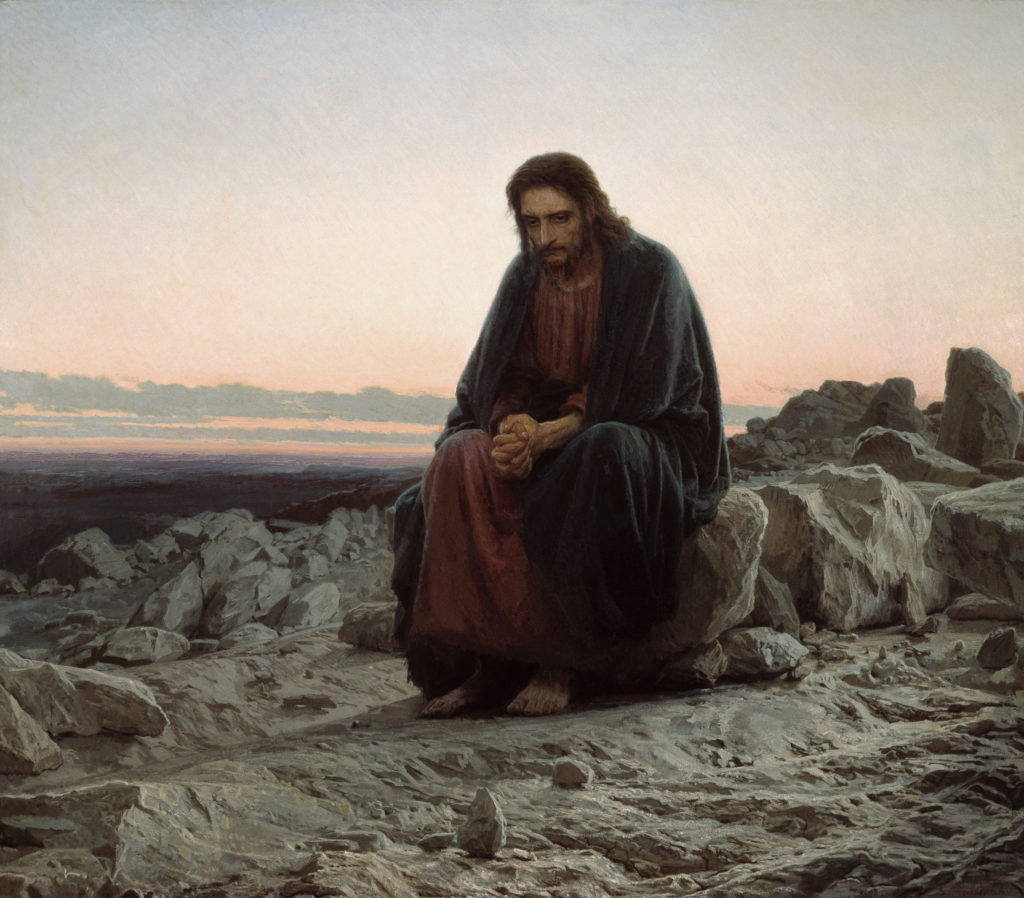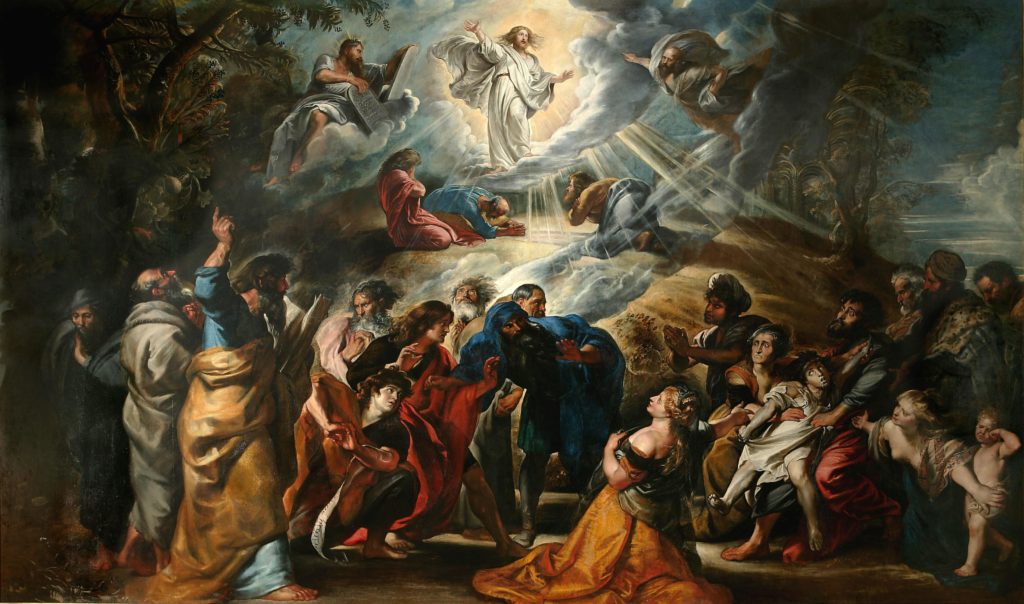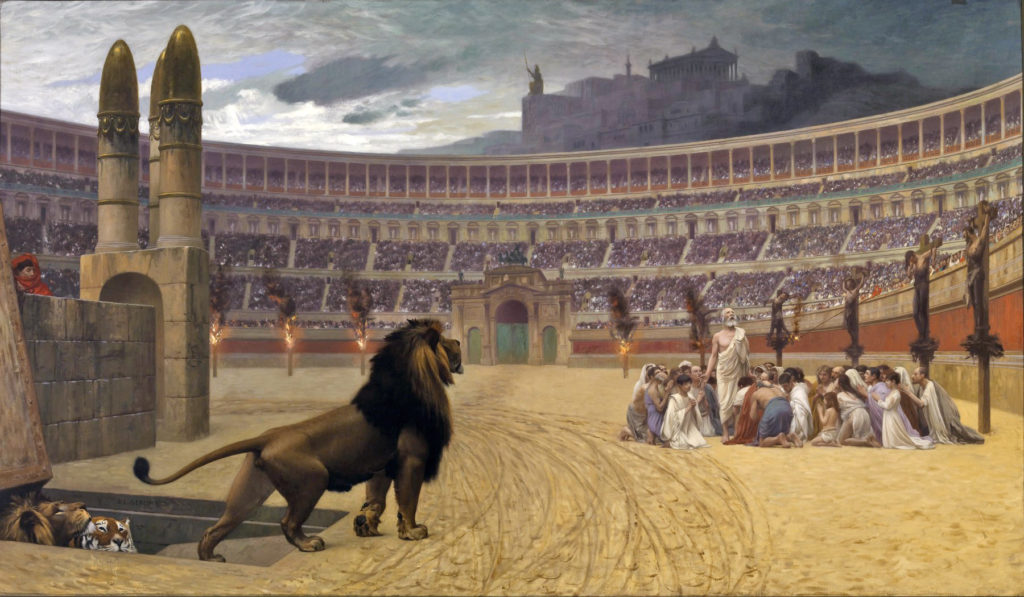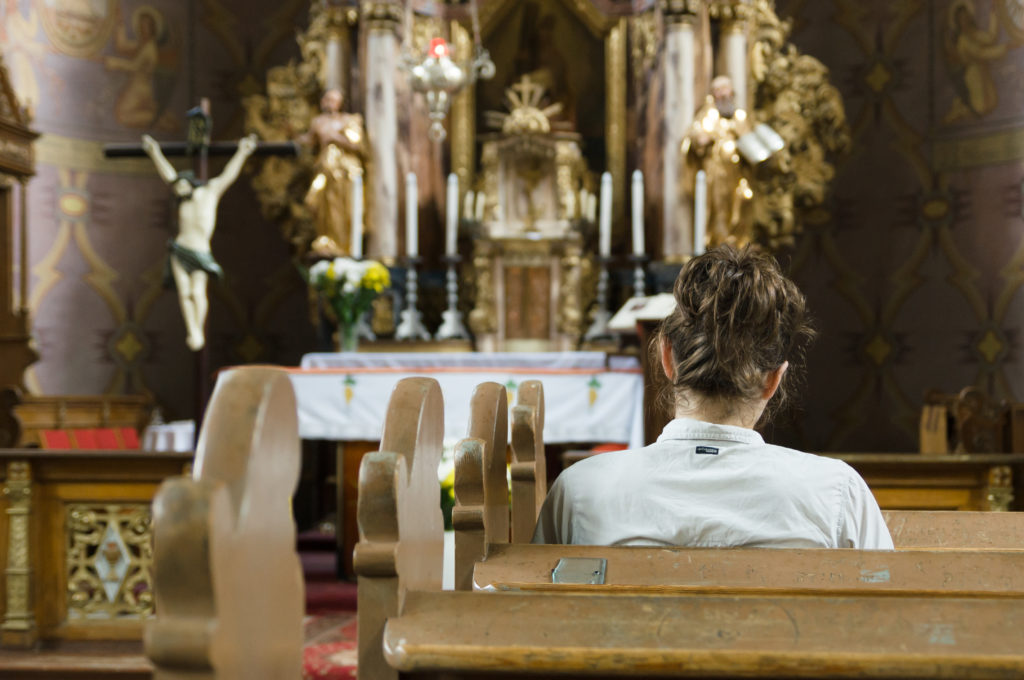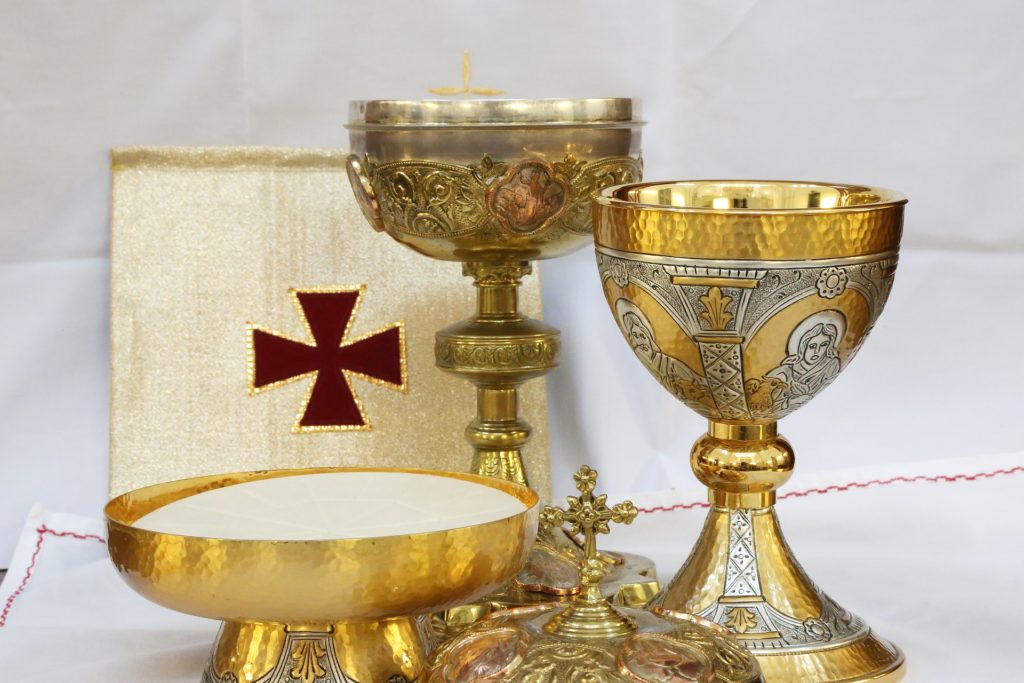Be at Peace Even Without a Full Understanding of God
Have you ever tried to explain a complex topic to a small child? How does a bird fly? How does a television work? Why does that factory produce so much smoke? Trying to explain these realities can be difficult to distill into something a child can understand. And often, despite our best efforts, they still […]
Be at Peace Even Without a Full Understanding of God Read More »


